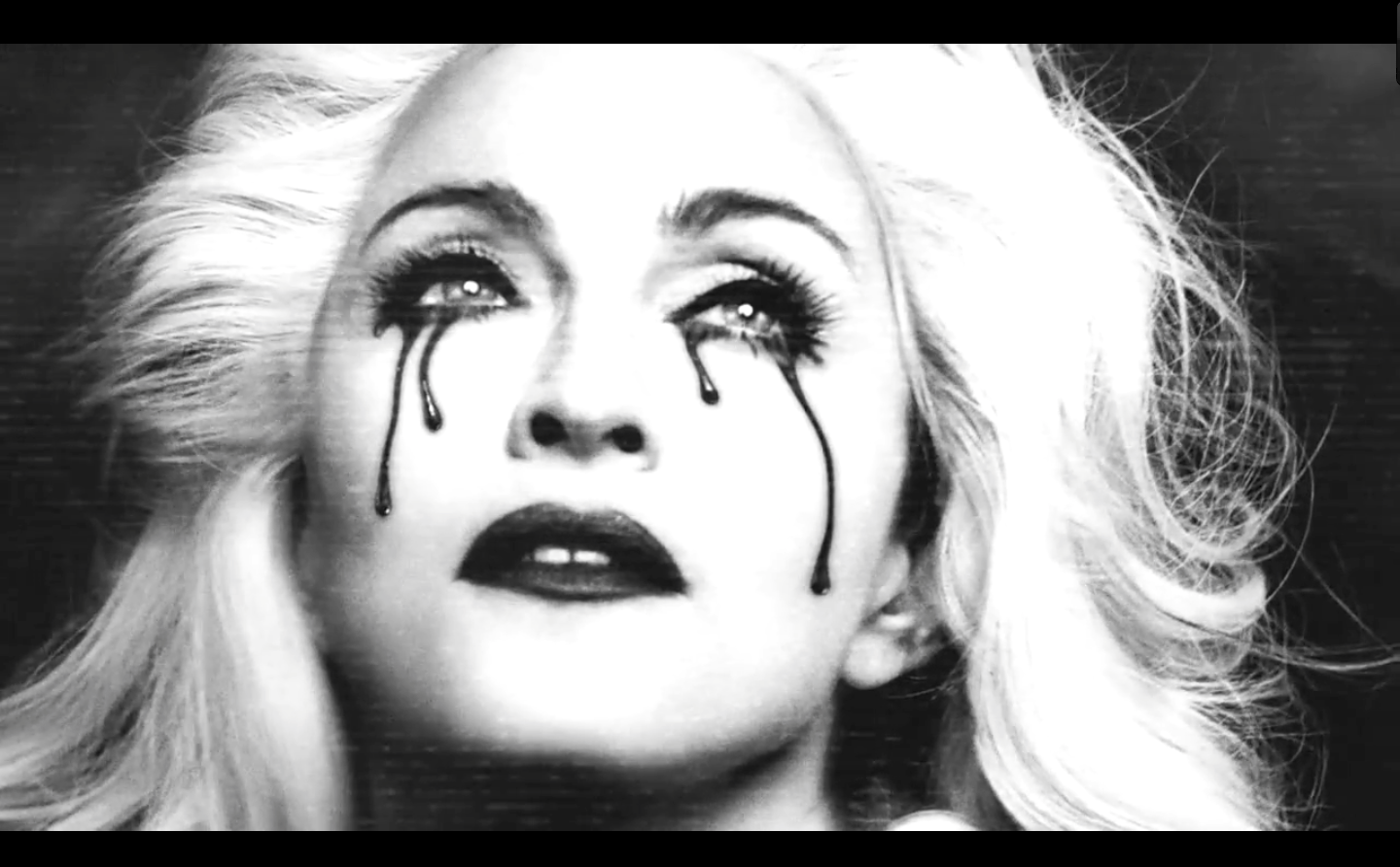"Who Wants to Live Forever?" Andrew Holleran, Garth Greenwell, and The Gayest Decade That Never Ended
Pubblicato 2020-12-04
Come citare
Abstract
James Baldwin’s remarkable second novel, Giovanni’s Room (1956) influenced all subsequent gay writing"”not only in its themes, but also in its tone. Paying frequent homage to that book, Andrew Holleran’s Dancer from the Dance and other fiction of the Eighties taught gay men how to be gay, and the melancholic tone these novels created persisted for decades to come, exemplified most recently in Garth Greenwell’s What Belongs to You (2016). An unexpressed loss imbues the work of David Leavitt, Edmund White, Larry Kramer, Michael Cunningham, and Alan Hollinghurst, but the argument here is that more recent protagonists are, if anything, even more solitary than those in the bathhouses and discos of the Eighties.
Riferimenti bibliografici
- Aarssen, Lonnie, and Laura Crimi. 2016. "Legacy, Leisure and the"Work Hard "“ Play Hard' Hypothesis." Open Psychology Journal 9: 7-24.
- Agamben, Giorgio. 1993. Stanzas: Word and Phantasm in Western Culture. Translated by Ronald L. Martinez. Minneapolis: University of Minnesota Press.
- Baldwin, James. 1956. Giovanni's Room. New York: Dial Press.
- Barr, Timothy. 2019. "Without Apparent Occasion: Recent Research on Melancholy." Journal of the History of Ideas 80 (2): 313-32.
- Bechdel, Alison. 2006. Fun Home: A Family Tragicomic. New York: Houghton Mifflin.
- Benjamin, Walter. 1977. The Origin of German Tragic Drama. Translated by John Osborne. London: NLB.
- Berusch, Martin. 2011. "Does the LGBT Community Have a"Peter Pan' Syndrome?" Huffpost. 12 October. Accessed 24 October 2020. https://www.huffpost.com/entry/lgbt-community-peter-pan-syndrome_b_ 1006141.
- Butler, Judith. 1995. "Melancholy Gender "“ Refused Identification." Psychoanalytic Dialogues 5 (2): 165-80.
- Chandler, Adam. 2013. "The Best Little Boy in the World "“ That's Me." The New York Times. 6 May. Accessed 18 October 2020. https://www.nytimes.com/2013/05/07/ opinion/the-best-little-boy-in-the-world-thats-me.html
- Clewell, Tammy. 2004. "Mourning Beyond Melancholia: Freud's Psychoanalysis of Loss." Journal of American Psychoanalytic Association 52 (1): 43-67.
- Cunningham, Michael. 2018. "How the Early 80's Changed Gay Writing Forever." New York Times 22 April. Accessed 17 November 2020. https://www.nytimes.com/2018/04/16/t-magazine/gay-literature-1980s.html
- Dimitriadis, Yorgos. 2017. "The Psychoanalytic Concept of Jouissance and the Kindling Hypothesis." Frontiers in Psychology: Psychoanalysis and Neuropsychoanalysis. 21 September. Accessed 2 June 2020. https://doi.org/10.3389/fpsyg.2017.01593.
- Faderman, Lillian. 1991. "Lesbianism: Out of the Closet, Into Super-Sexy Rebelliousness" (Book Excerpt). Los Angeles Times, 9 June. Accessed 21 October 2020. https://www.latimes.com/archives/la-xpm-1991-06-09-op-696-story.html.
- Ferber, Ilit. 2006. "Melancholy Philosophy: Freud and Benjamin." E-rea: Revue électronique d'études sur le monde anglophone 4 (1).
- Freud, Sigmund. 1957. "Mourning and Melancholy." The Standard Edition of the Complete Psychological Works of Sigmund Freud, vol. 14, On the History of the Psychoanalytic Movement, Papers on Metapsychology, and Other Works. Translated by James Strachey, 243-58. London: The Hogarth Press.
- Greenwell, Garth. 2016. What Belongs to You. New York: Picador.
- Hamburger, Aaron. 2016. "Rev. of What Belongs to You." The New York Times, 29 January. Accessed 13 July 2020. https://www.nytimes.com/2016/01/31/ books/review/what-belongs-to-you-by-garth-greenwell.html.
- Harrison, Barbara G. 1978. "Love on the Seedy Side." Washington Post, 17 December. Accessed 7 July 2020. https://www.washingtonpost.com/archive/ entertainment/books/1978/12/17/love-on-the-seedy-side/458bc3b6-8da0-4af2-a1c4-35028caa208a/.
- Hawley, John C. 2005. "Lavender Ain't White: Emerging Queer Self-Expression in its Broader Context." In Postcolonial Whiteness: A Critical Reader on Race and Empire, edited by Alfred J. Lopez. 53-77.
- Holleran, Andrew. 1978. Dancer From the Dance. New York: William Morrow.
- Hollinghurst, Alan. 2004. The Line of Beauty. London: Bloomsbury.
- Horowitz, Jason. 2020. "Pope Francis, in Shift for Church, Voices Support for Same-Sex Civil Unions." The New York Times, 21 October. Accessed 21 October 2020. https://www.nytimes.com/2020/10/21/world/europe/pope-francis-same-sex-civil-unions.html.
- Jacques, Juliet. 2019. "The Melancholy of a Gay Male Subculture that has Passed." Frieze online. Accessed 14 July 2020. https://frieze.com/article/melancholy-gay-male-subculture-has-passed.
- Jimenez-Lindmeier, Eric. 2017. "As a Gay Man, the"80s Crippled My Identity." Huffington Post, March 28. Accessed 6 June 2020. https://www.huffpost.com/entry/did-the-culture-of-the-80s-keep-me-in-thecloset_b_58dad32ce4b0487a198a54fb.
- Kramer, Larry. 1978. Faggots. Foreword by Reynolds Price. New York: Grove Press.
- Leavitt, David. 1985. "It's post-Sixties, pre-Eighties, and forever in between." Esquire, 1 May. Accessed 17 October 2020. https://classic.esquire.com/article/1985/5/1/the-new-lost-generation.
- Lovelock, Michael. 2019. "Gay and Happy: (Proto-)homonormativity, Emotion and Popular Culture." Sexualities 22 (4): 549-65.
- O'Flynn, Brian. 2018. "Back in Bloom: How Queer Male Pop Reclaimed its Star Status." The Guardian, October 31. Accessed 6 June 2020. https://www.theguardian.com/ music/2018/oct/31/how-queer-male-pop-is-finally-back-in-bloom.
- Pachankis, John E. and Mark L. Hatzenbuehler. 2013. "The Social Development of Contingent Self-Worth in Sexual Minority Young Men: An Empirical Investigation of the"Best Little Boy in the World' Hypothesis." Basic and Applied Social Psychology 35.2: 176-90. Accessed 18 October 2020. https://www.tandfonline.com/doi/ abs/10.1080/01973533.2013.764304.
- Pearl, Monica. 2013. AIDS Literature and Gay Identity: The Literature of Loss. Abingdon, UK: Routledge.
- Postman, Neil. 1985. Amusing Ourselves to Death: Public Discourse in the Age of Show Business. Viking Penguin.
- Scuglia, Benjamin. 2015. "The Last Days of Gay Porn." Psychology & Sexuality 6 (1): 111-17.
- Shilts, Randy. 2007. And the Band Played on: Politics, People, and the AIDS Epidemic (20th-Anniversary ed.). New York: St. Martin's Griffin.
- Sigurdson, Ola. 2017. "Mourning, Melancholy, and Humor: Psychotheology in Freud and Sà¶derblom." Dialog: A Journal of Theology 56 (4): 402-11.
- Stevens, Kyle. 2013. "Dying to Love: Gay Identity, Suicide, and Aesthetics in A Single Man." Cinema Journal 52 (4): 99-120.
- Tobias, Andrew (John Reid). 1973. The Best Little Boy in the World. New York: J. P. Putnam's.
- White, Edmund. 1982. A Boy's Own Story. Boston: Dutton.
- Yekani, Elahe Haschemi. 2012. "Gay Melancholy. Lost Spaces in Alan Hollinghurst's The Line of Beauty." In Spatial Representations of British Identities, edited by Merle Tà¶nnies and Heike Buschmann, 221-32. Heidelberg: Università¤tsverlag.

